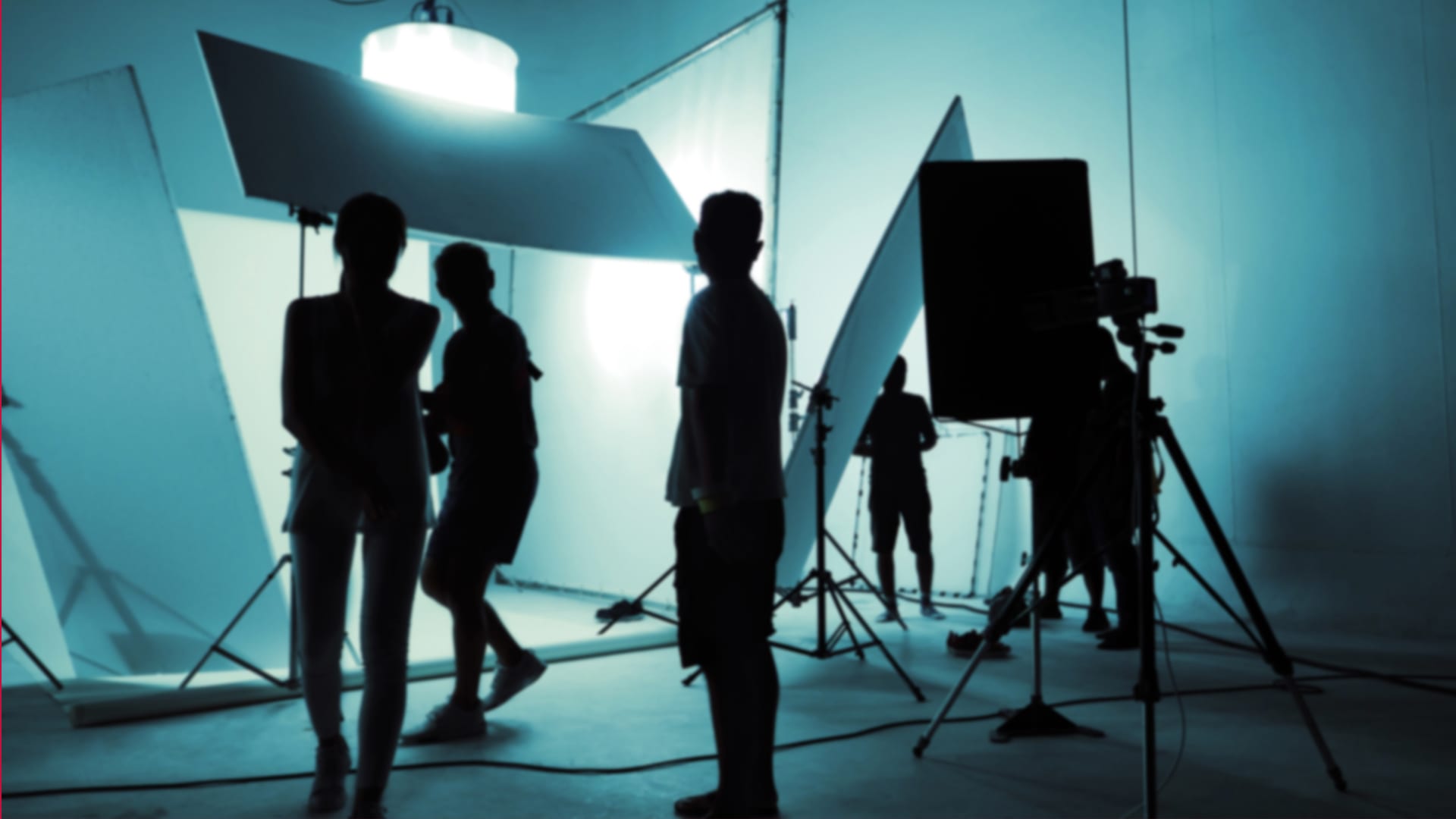Recently, Paris Hilton introduced us all to the real Paris Hilton.
The heiress, world-renowned party girl and ditzy blonde we all thought we knew let us all in on the biggest secret of the influence economy: She’s playing a character.
In her new feature-length documentary, “This is Paris,” available on YouTube, Hilton turned over control of her image to director Alexandra Dean, who used this freedom to give us all a peek behind the production-controlled lifestyle of reality TV royalty.

The Original Influencer
While Hilton’s laudable purpose in making the film is to bring awareness to many of the abuses she encountered on her rise to celebrity—especially around her experience in a series of reform schools as a teen—it’s her role as a prototypical influencer, navigating the surreal world of reality programming, that’s of particular interest to marketing and communications professionals.
Many have credited Hilton as the first in a class of “famous for being famous” celebrities. She was the original celebrity influencer. Among the first reality TV stars in the 2000s, she sprung onto the scene during a cultural moment that celebrated excess. The product of one of the richest families in America, with bleach-blonde hair, long legs, a willingness to show a lot of skin, and, finally, a ditzy persona she was willing to cash in on, Hilton provided audiences a voyeuristic view into the fabulous life of the rich and famous—one so fabulous that she might not know how to use a mop or believe that Walmart is a store where one can buy “wall stuff.”
This all happened at a time, around 20 years ago, when we believed we only cared about people because of their talents. Their exceptional abilities to perform—musically, athletically, dramatically—gave us a reason to sit up and pay attention to them. Our interests in the rich and famous have always extended beyond their talents to their relationships, their beauty regimens, their product advice and lifestyle hacks—but at the end of the day, these celebrities were stars because of their talents.
Today, however, many of most admired don’t need a profession. These influencers are able to achieve fame first and then put it to work for their brands. They have been able to foster an audience of noteworthy scale with well-produced content, which then breeds renown around and ultimately results in some form of what author Elizabeth Currid-Halkett calls the celebrity residual, that intangible quality that characterizes our outsized attention to certain celebrities beyond the point that we probably should care about them (as determined by their measurable talent).
And Paris Hilton, in many ways, was the first to build a brand for herself that would support the launch of multimillion-dollar businesses based solely on her ability to deliver on drama.
Did She Just Ruin Everything?
At the opening of the film, we see Paris capturing multiple takes of herself walking through the grand foyer of her elaborate home. Dean makes Hilton strip back her runway catwalk and relax the “character” of Paris, in favor of an at-ease, low-key heiress at home.
In this way, “This is Paris” celebrates the Paris Hilton that we (those who saw her accessorize with indecent exposure in the early 2000s) never got to know. The “real” Paris. The one traveling 260 days of the year in support of her brand. The one who would rather be at home in a Juicy sweatsuit (respect for keeping the tradition alive, girl) than out at a club.
But the “real” Paris of the film spotlights something that I discussed in my own book, “Surreal: How Reality Television and Influencers Change Our Perception of the World“: Many of the celebrities we follow on social media or watch on Bravo and E! are characters created to support their brands.
One might argue that showcasing the true-life underpinnings of the surreal spectacle might hinder the growth of the influence economy by shattering the illusion. But I would argue that the illusion is one we’ve always been aware of and embraced on some level. Just as we know that the characters in a play are just that—characters—we’ve long known that this is a game, and happily gone along with it.
What I hope this latest expose on the surreality of reality TV will help foster is a culture in which we talk about influence openly. We should lean into our inclination toward gossip and have real, live conversations about these characters with our peers. We should spark conversations that may actually change perception. We should welcome influencers into our lives, because they’re here to stay, but I hope we start to normalize our experiences with them—recognizing that the brand and the person herself may be two different entities.
Would you like to talk some more about how influencers and reality television can impact your business? We’re here to help. Feel free to reach out to me to have a conversation.



